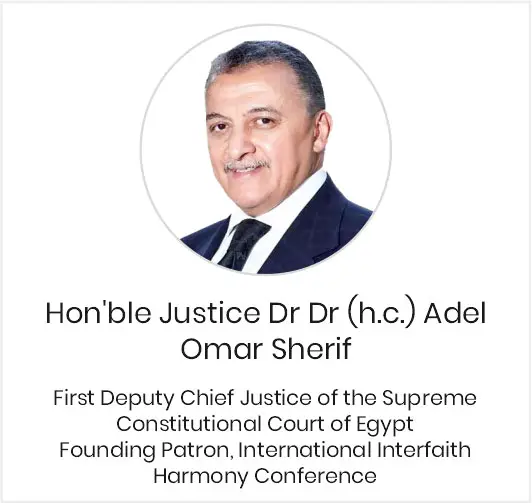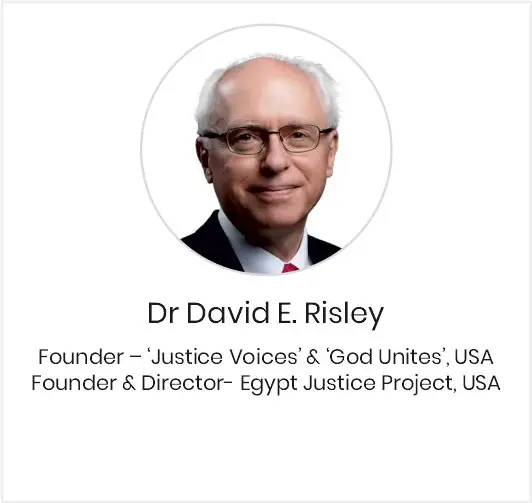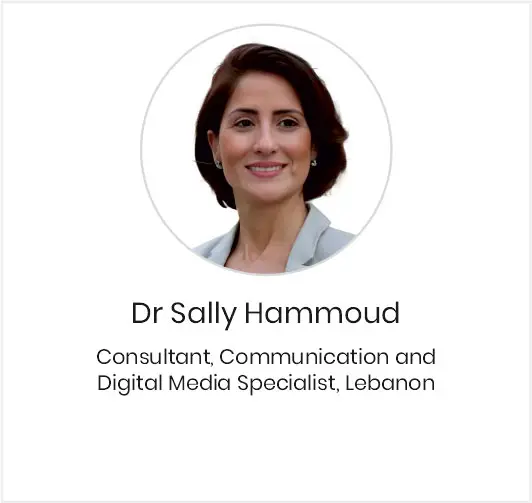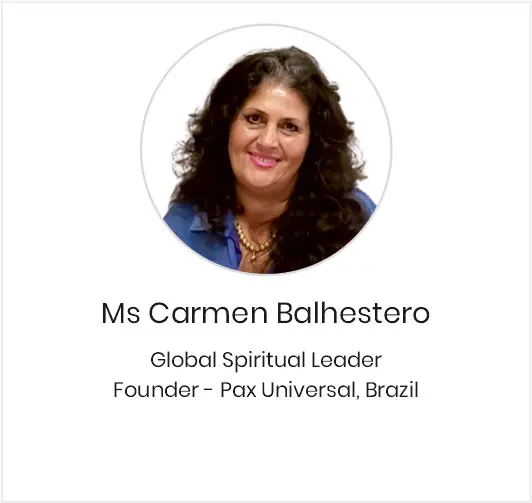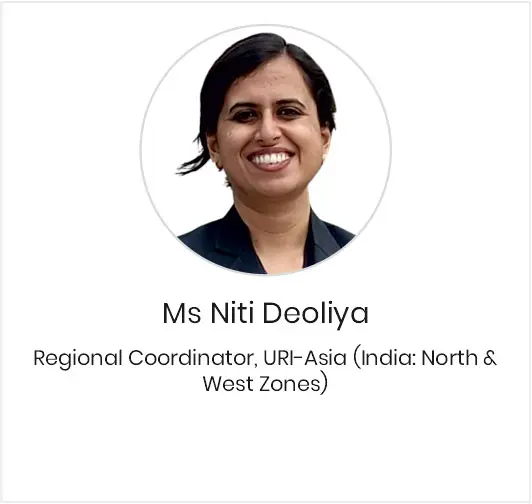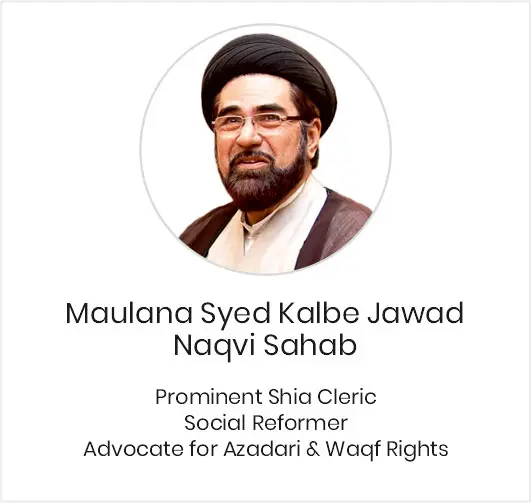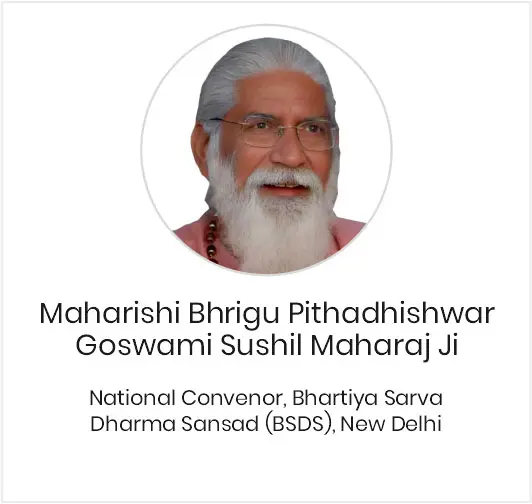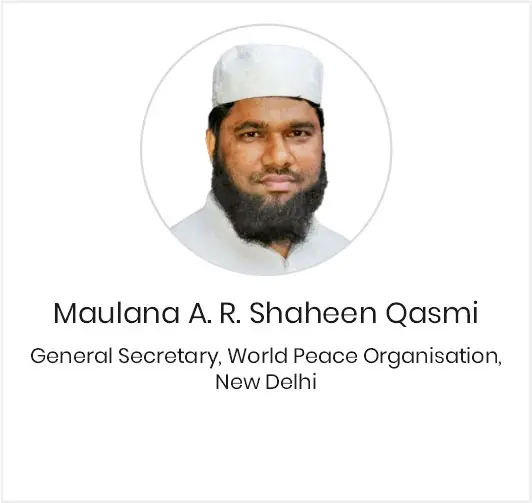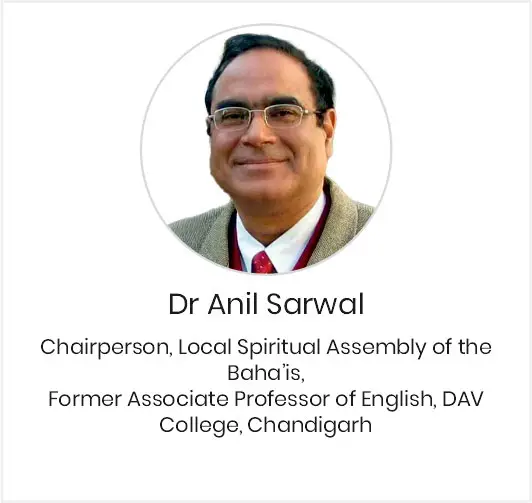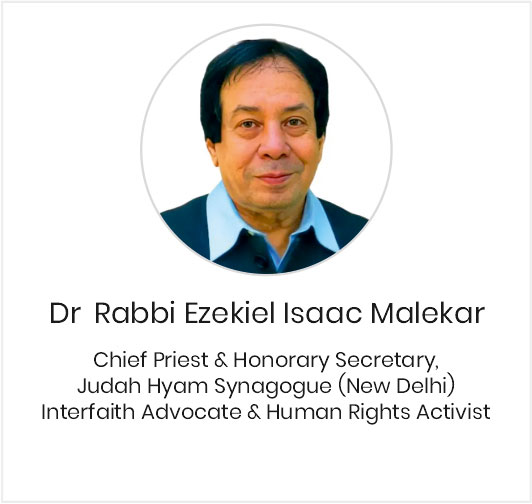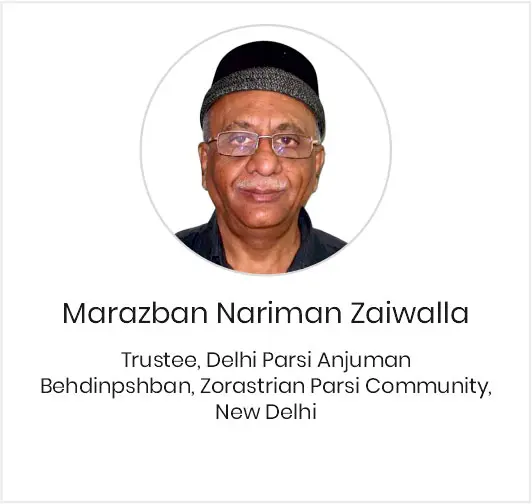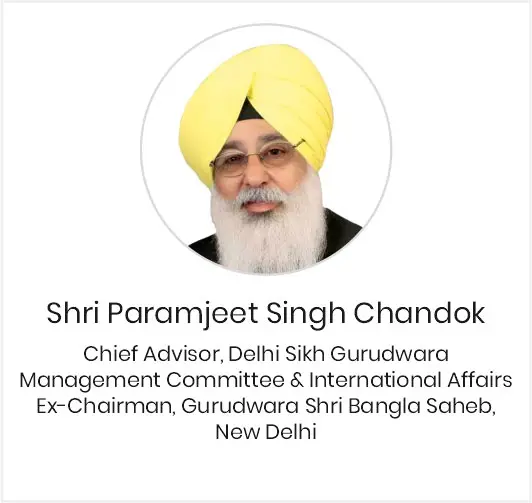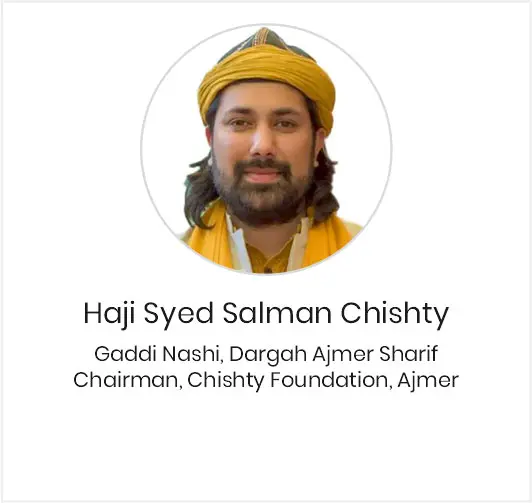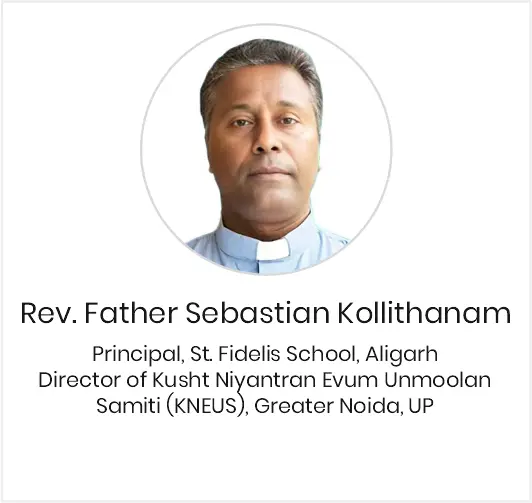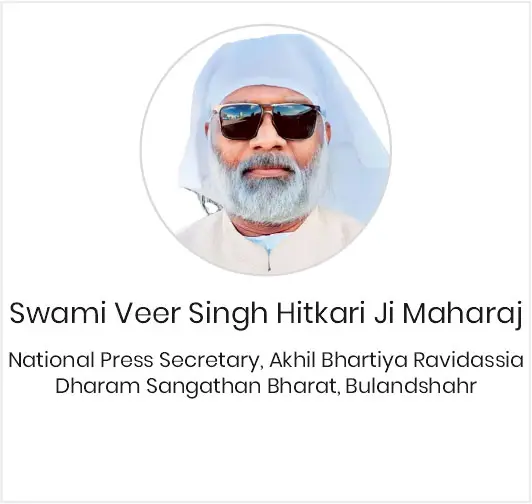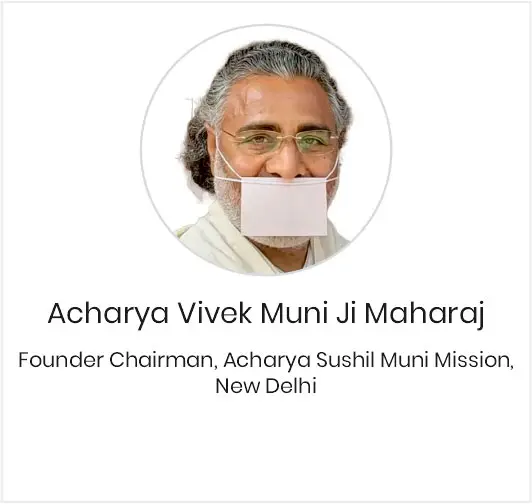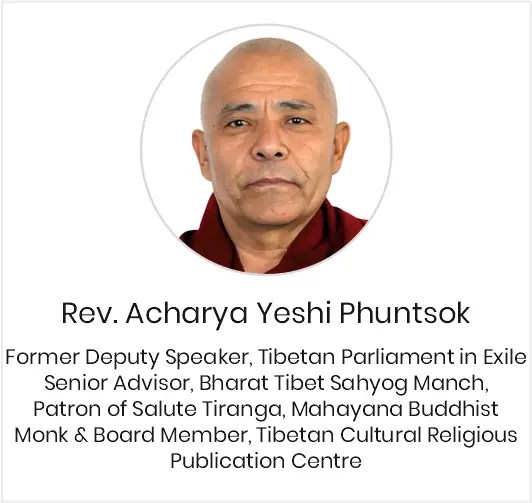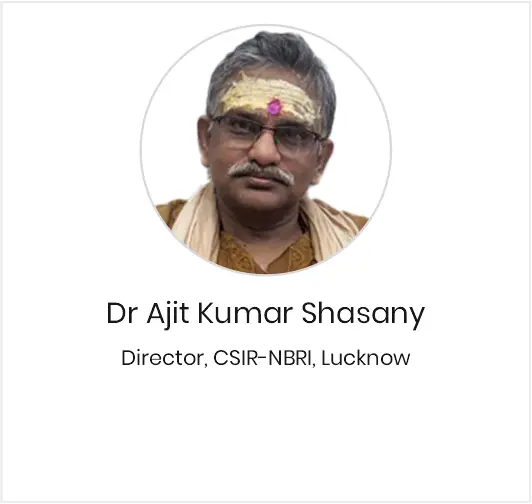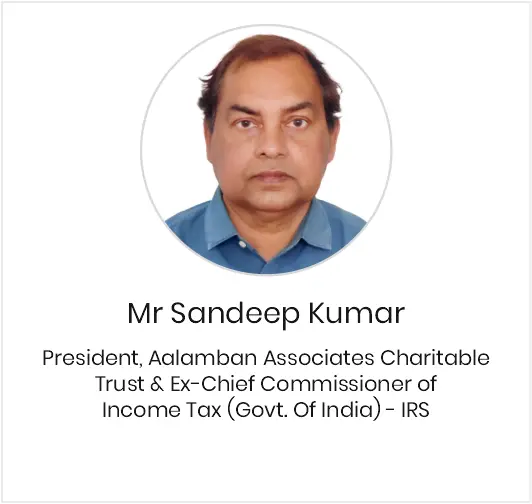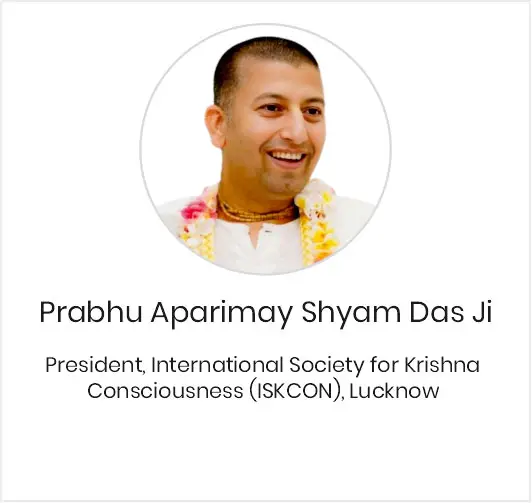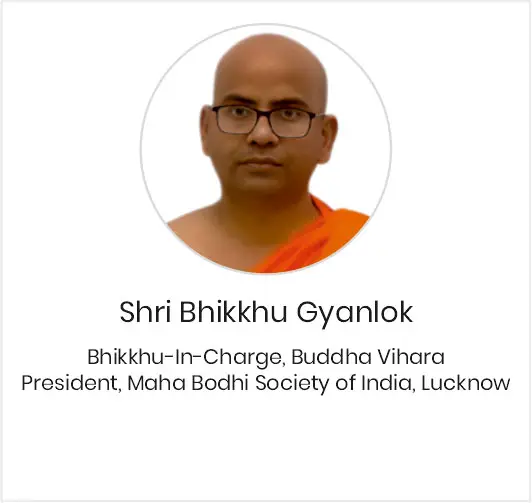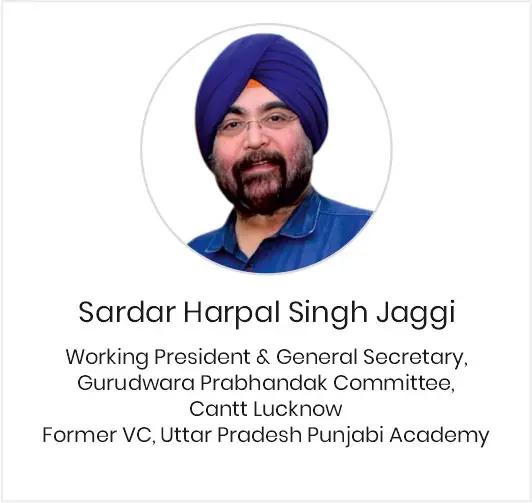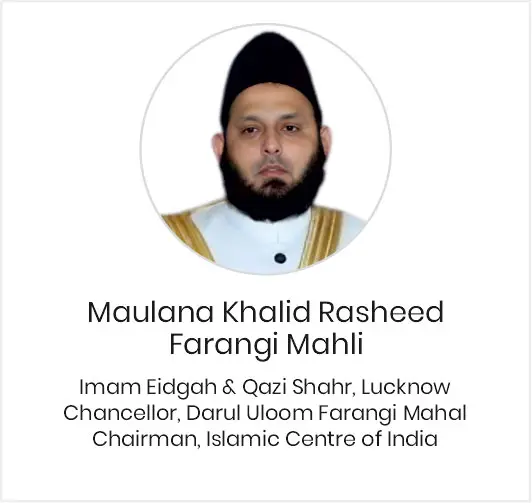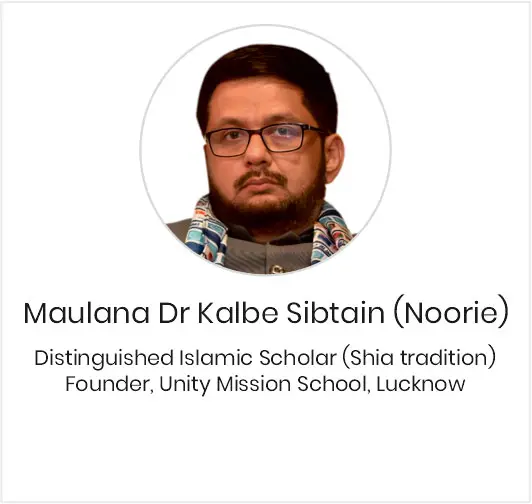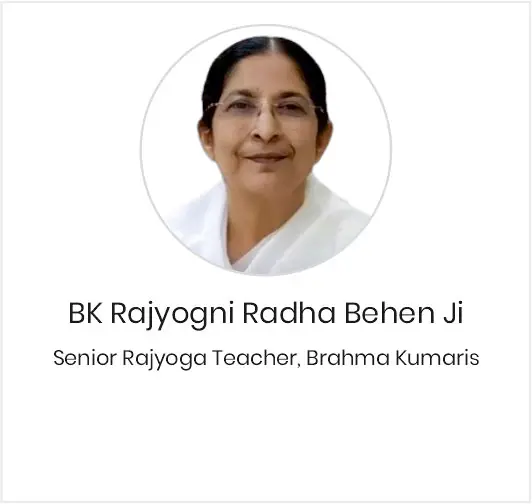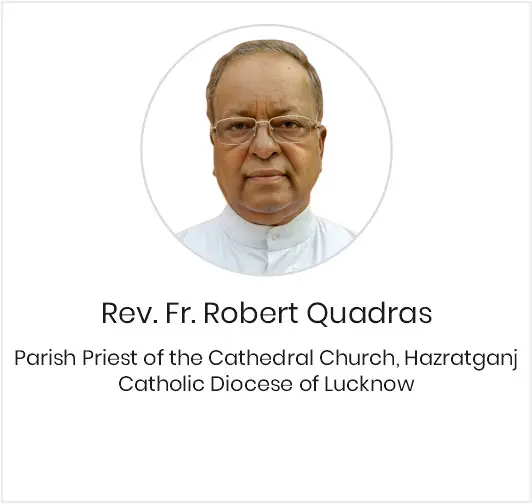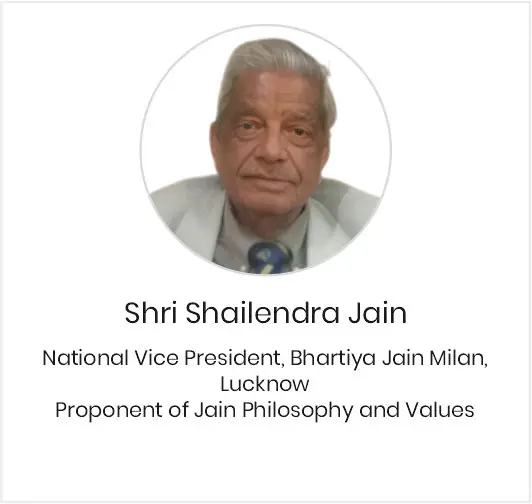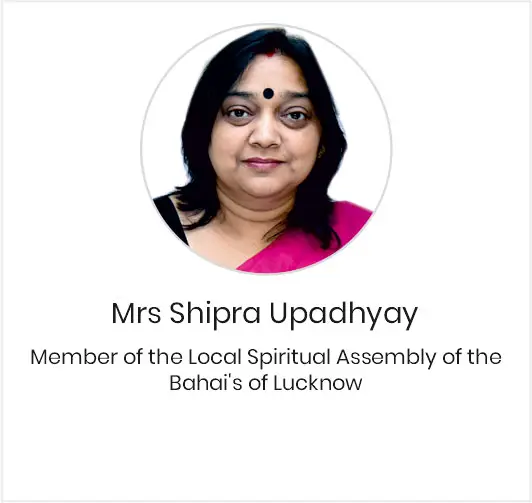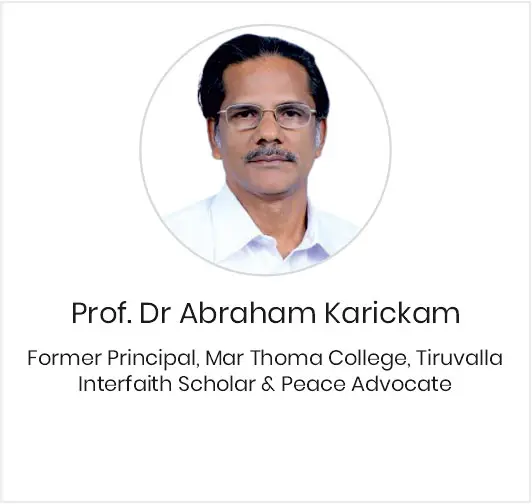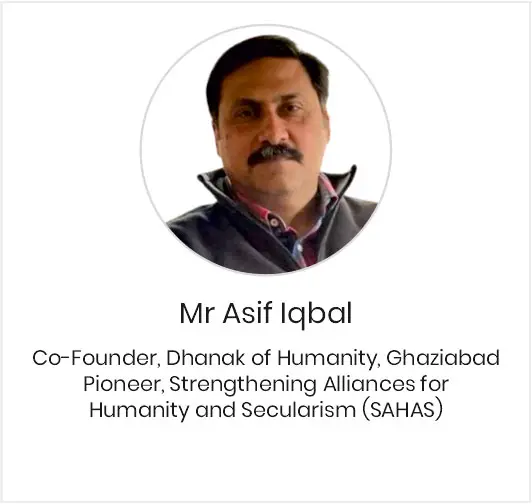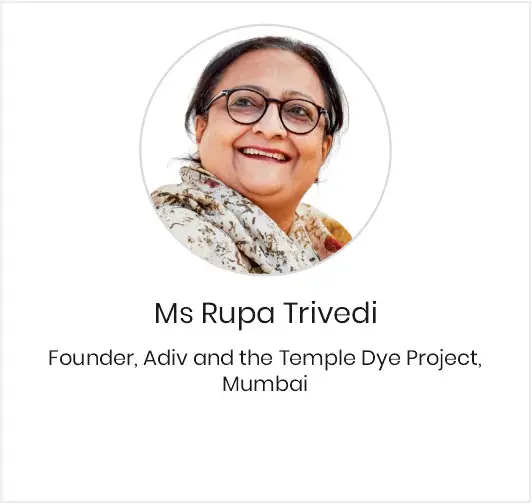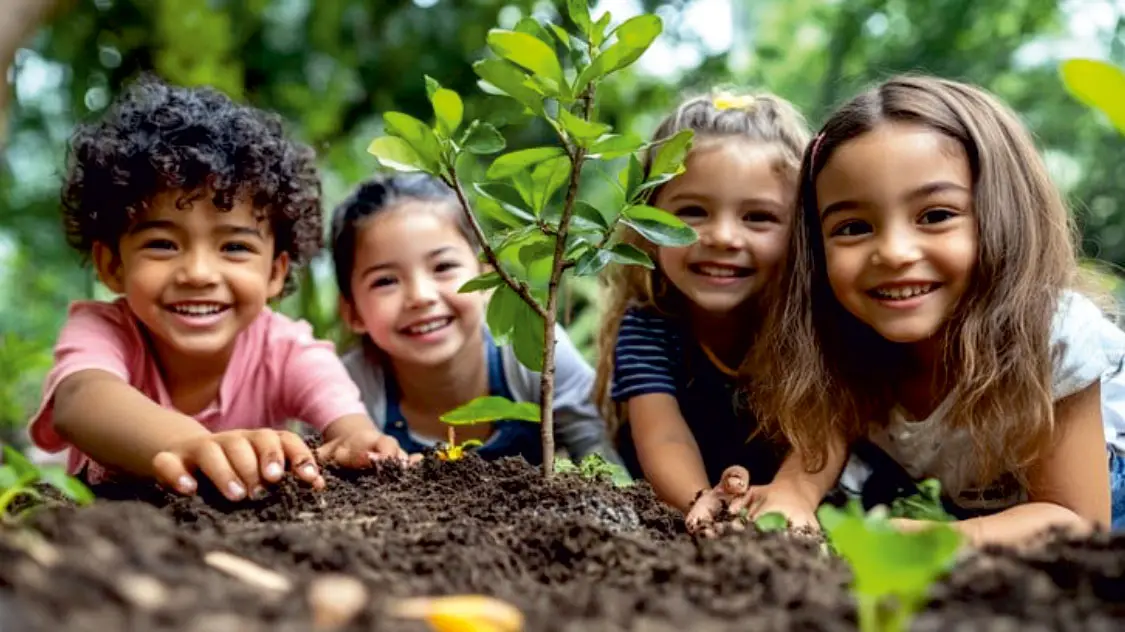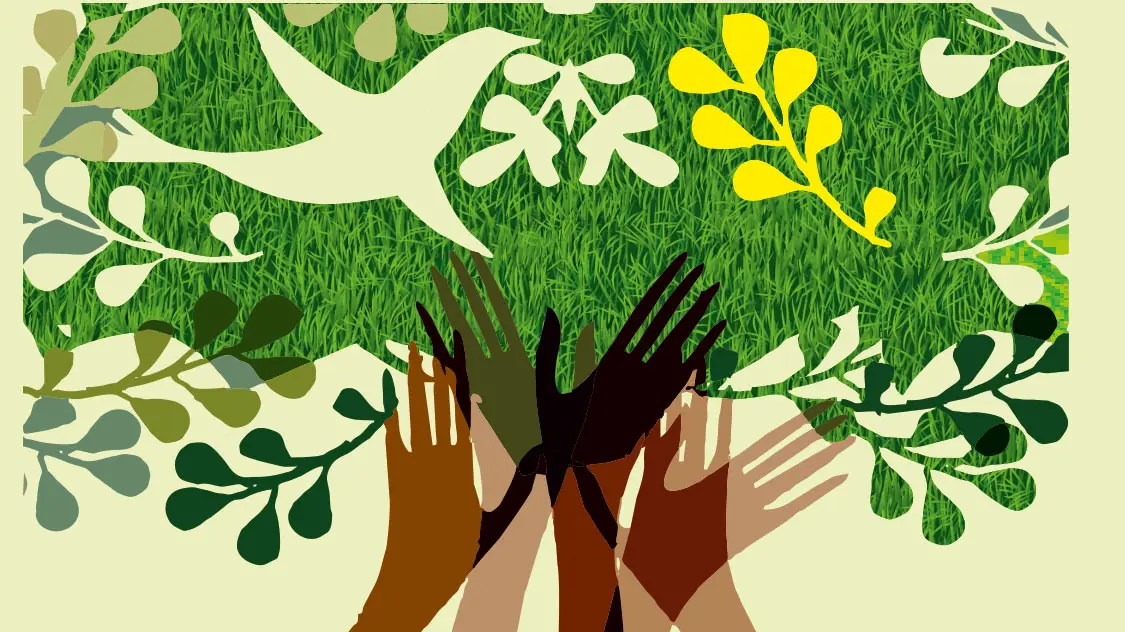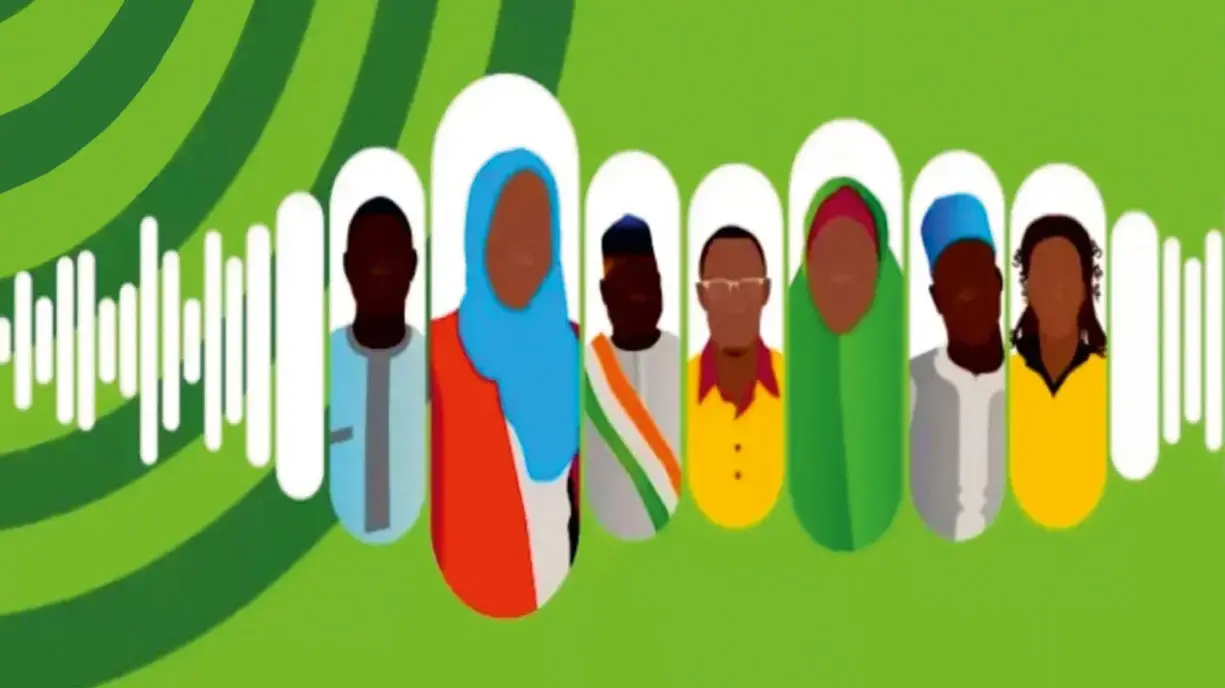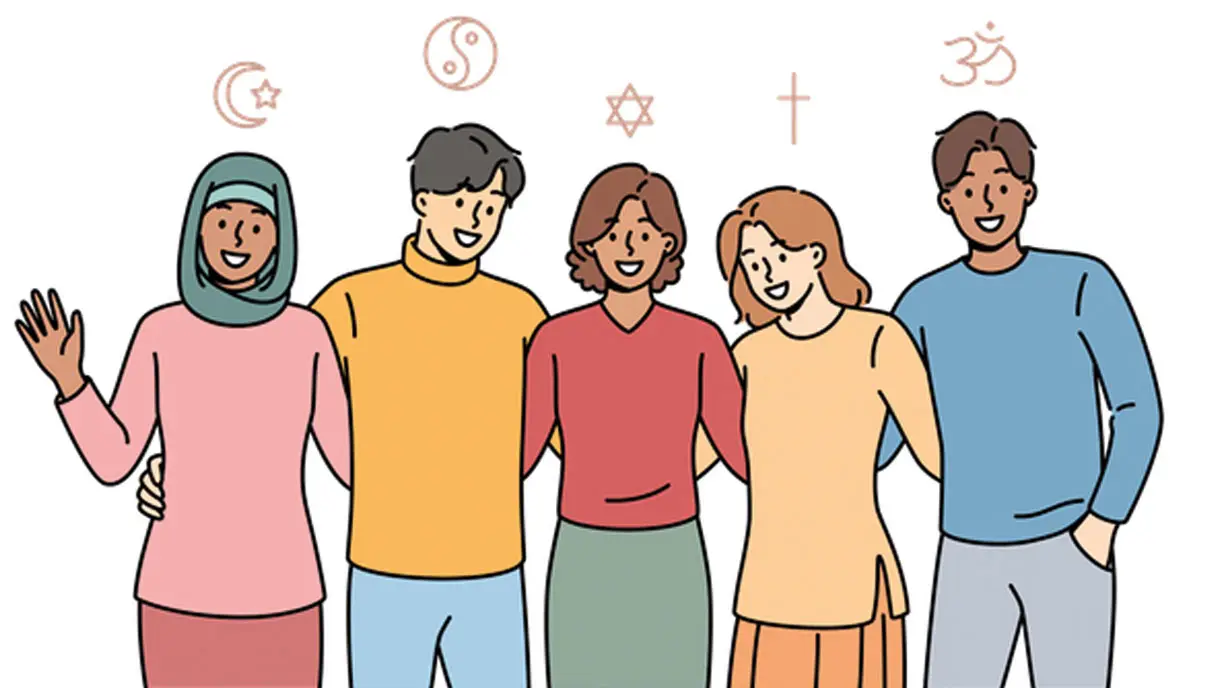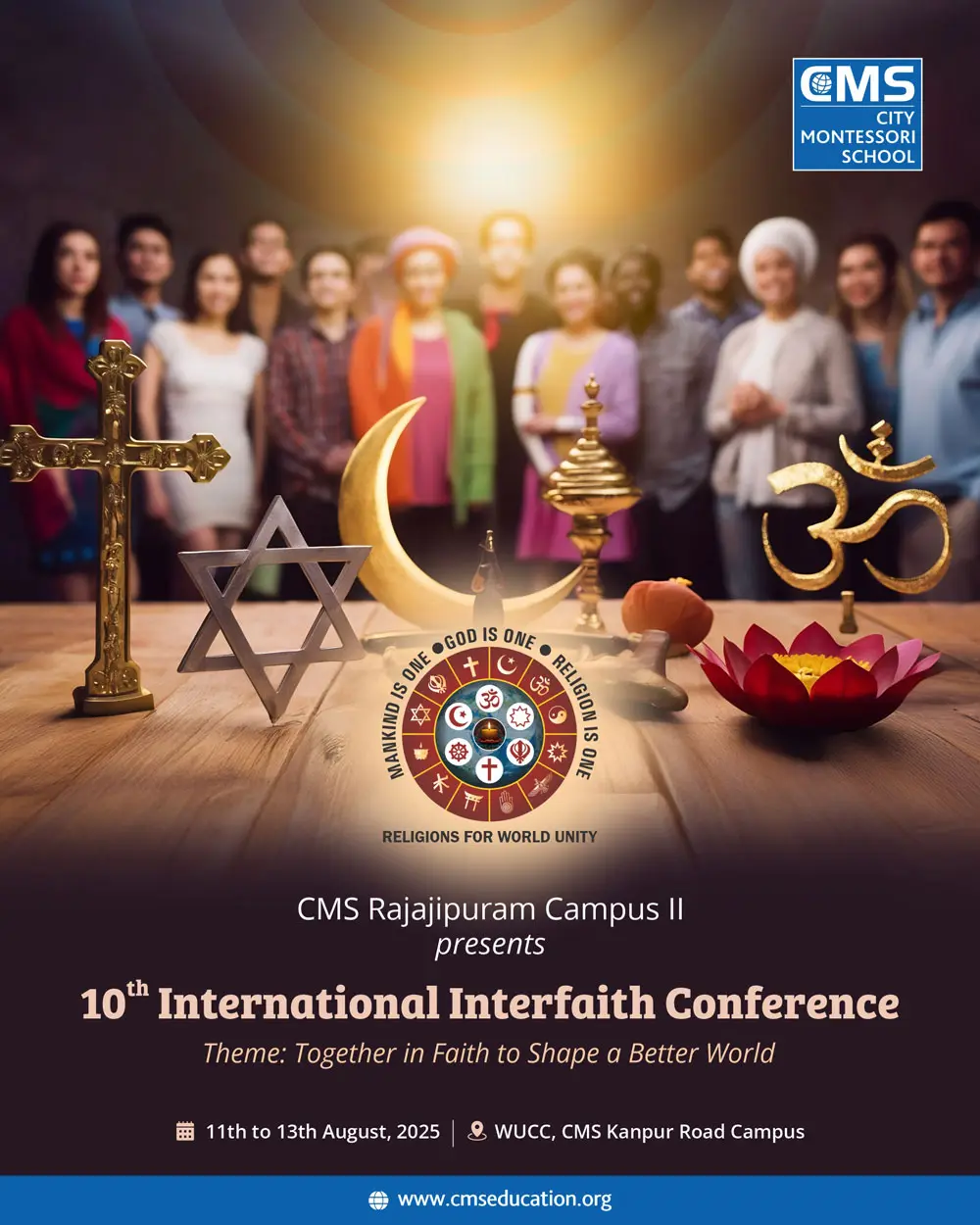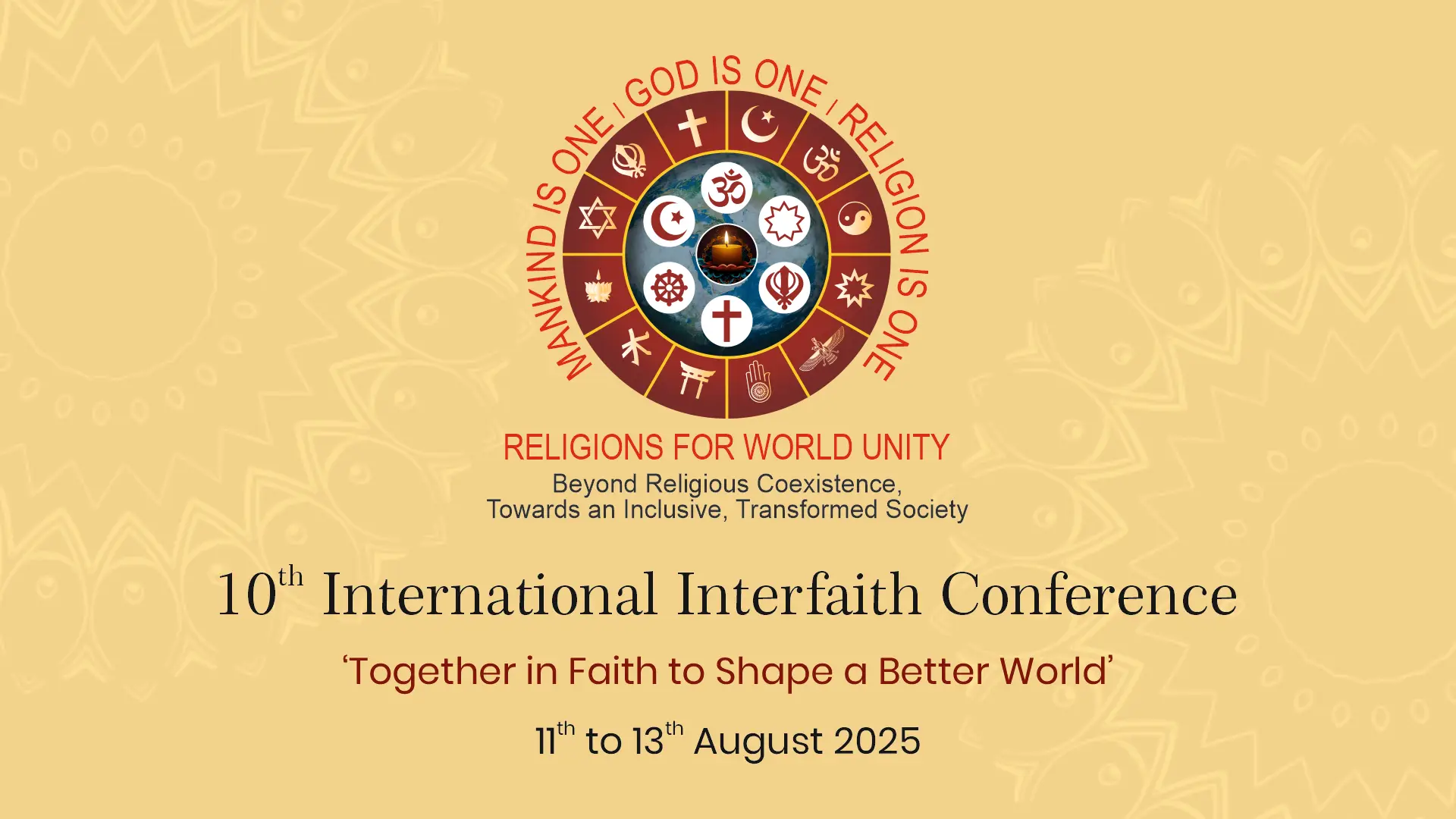




From School Gates to Global Citizens:
Empowering Youth Through Interfaith Understanding
At CMS, we believe interfaith harmony in schools is the antidote. As the Manager of CMS Schools, I’ve observed countless young minds transform from curious learners within our school gates into confident global citizens who carry the torch of understanding wherever they venture.
Promoting Peace through Interfaith Understanding
Religious conflicts have tragically shaped history—from the Black Death in 14th-century Europe, where religious scapegoating amid plague led to the loss of over 25 million lives, to recent 21st-century violence claiming millions more globally. In a world of deep spiritual diversity, building bridges—not walls—is imperative. Peace is no longer optional; it is urgent.
At City Montessori School (CMS), we believe that meaningful education must lead to lasting peace. CMS has been at the forefront of promoting interfaith discourse, bringing together leaders of diverse faiths to engage in thoughtful dialogue and purposeful collaboration. This spirit of harmony found new resonance when CMS alumnus Group Captain Shubhanshu Shukla, mission specialist of the historic Axiom-4 spaceflight, shared a message from orbit: “I do not see borders.” His words reflect not just a view from space, but the worldview instilled through CMS’s enduring motto—Jai Jagat.
The objective of this conference is to bring together international, national, and local religious leaders, along with expert analysts of religion, for a dialogue before an audience of children, teachers, and other societal stakeholders.
Conference Sub-themes aligned with UN SDGs
Religion as a force for:



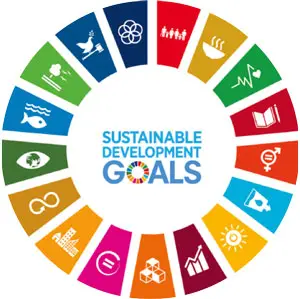
Our Inspiration
“True education releases capacities, develops analytical abilities, confidence in oneself, will power and goal setting competencies, and instills the vision that will enable a person become a self-motivated agent of social change, serving in the best interests of the community.”

Dr Jagdish Gandhi
(10 November 1934 - 22 January 2024)
Founder of City Montessori School
The CMS annual International Interfaith Conference was established by the school’s revered Founder-Manager, a spiritual giant, humble servant of humanity and a promoter of religious harmony.
Student Engagement Events
Message from the Convenor
Ms Khyati Lamba
Convenor and Headmistress, CMS Rajajipuram Campus II
“In an era marked by global challenges and uncertainties, the role of religion as a unifying force has never been more significant. As we embark on this profound journey of dialogue and cooperation, we explore how faith can bridge divides and cultivate a world where harmony prevails.
As we convene in the spirit of fellowship and shared humanity, let us reaffirm our commitment to the principles of tolerance, mutual respect, and coexistence. Together, let us harness the transformative power of faith to build a future where every belief is valued, every voice is heard, and every individual is empowered.”
